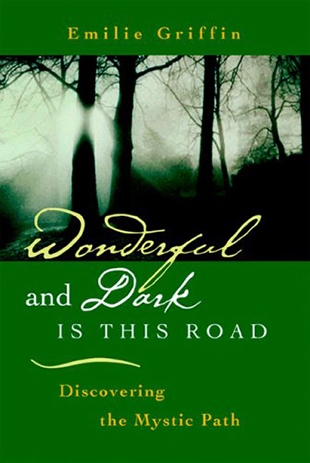"Mysticism is a deep and sustained intimacy with a loving God, sometimes marked and dramatic in its emotionality, more often anonymous and invisible to the casual observer," writes Emilie Griffin, the award-winning author of many books on the spiritual life including Wilderness Time: A Guide for Spiritual Retreat and Evelyn Underhill: Essential Writings. She does not aspire to provide an exhaustive account of this path but "a simple entrance point into this vast territory." Whereas many writers have focused exclusively on the fourfold steps of mysticism (awakening, purgation, illumination, and union), Griffin lightly delves into the process using her own terms for the inner life: beginning, yielding, darkness, transparency, fear of heights, hoops of steel, and clinging. Griffin writes about the mysticism of Paul, the love language of those caught up in this exhilarating experience, unusual mystical effects, group mysticism, and the connections Christians have made with mystics in other traditions.
For us, the most satisfying chapter is the one on "A Mysticism of Everyday Life" where Griffin charts the subtle and sneaky ways that ordinary people seek holiness and find joy in the midst of day-by-day duties and experiences. And, of course, everyday mystics know that their closeness to God is the best spur to service of others in a world wracked by numerous injustices. The title of Emilie Griffin's handy paperback says it all: Christian mysticism is an amphibian journey that is both wonderful and dark.
